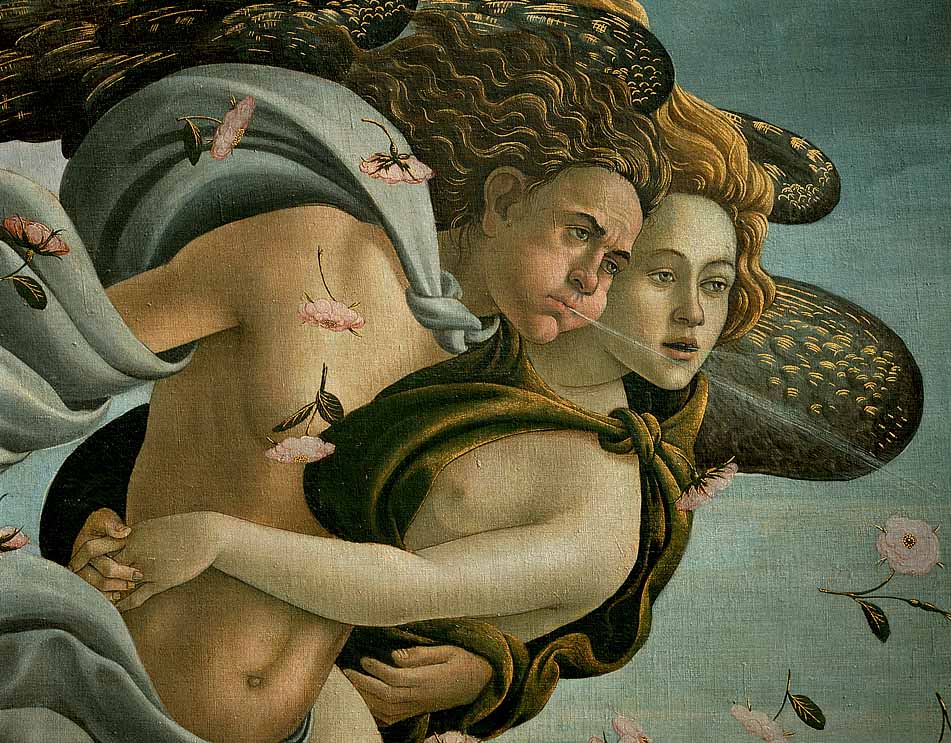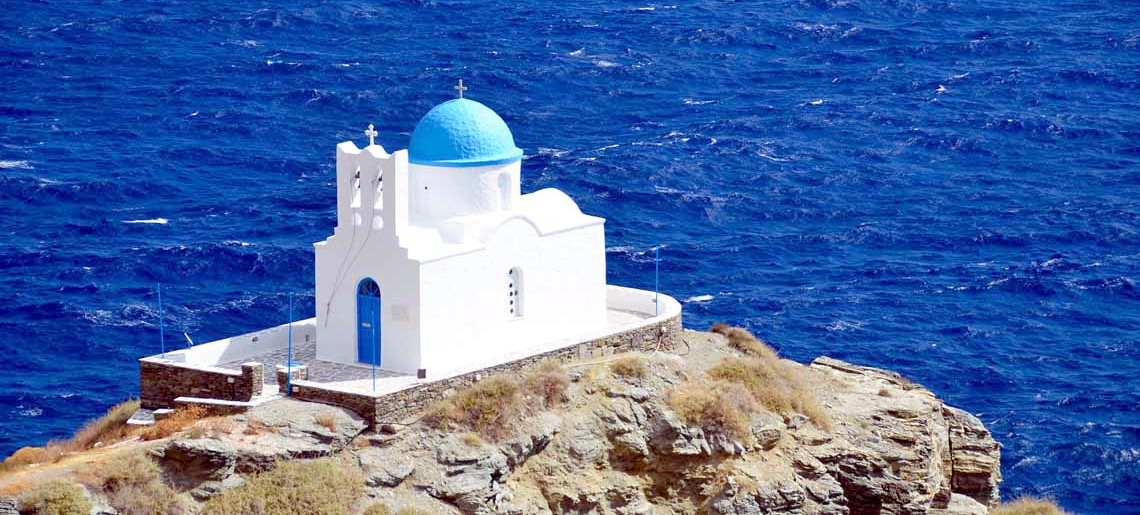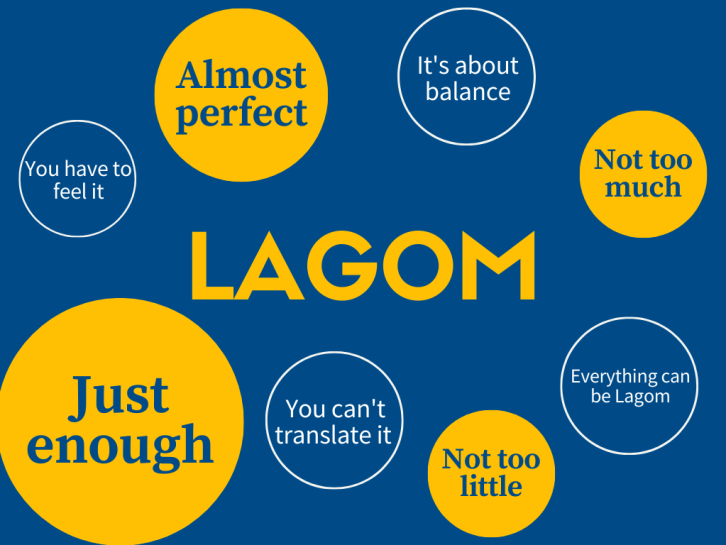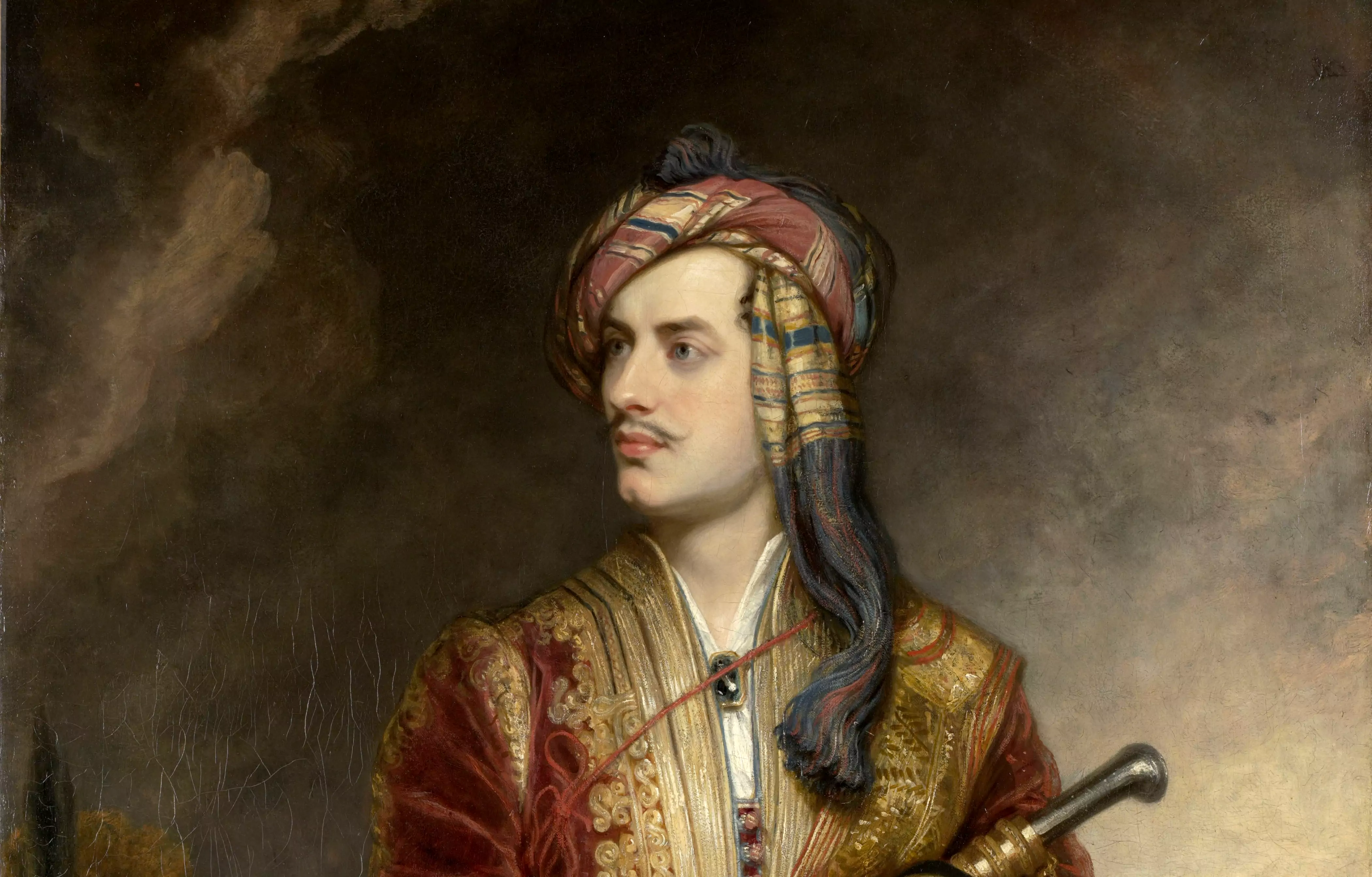Selected words
Pelasgians
The inhabitants of pre-Hellenic Greece and also pre-dating the Mycenaeans (who created a famous civilization that dominated mainland Greece and the Aegean Sea from about 1600 to 1200 BCE.). They generally lived in the east of Greece, including the Ionians: the Turkish coasts (Ionia, Caria).
- Their language or languages were identifiably non Greek, and often termed “barbaric”.
- The pelasgians were already identifiable by the time of the Trojan War, when several contingents fought in support of Troy.
- By the Classical period – 200 years (the 5th and 4th centuries BCE – various enclaves of Pelagians could be found in Greece, the Aegean islands and western Anatolia.
- Etymology: likely from Ancient Greek Πελασγοί, Pelasgoí, singular: Πελασγός, Pelasgós; Πελασ, pelas, meaning: near or close, see East Med. history
- Ancient DNA suggests that living Greeks are the descendants of Mycenaeans, with only a small proportion of DNA from later migrations to Greece.
And the Mycenaeans themselves were closely related to the earlier Minoans, another great civilization that flourished on the island of Crete from 2600 to 1400 BCE: “The Greeks really do have near-mythical origins, ancient DNA reveals”.
See Argolic Gulf.
Nectar
The divine drink that the Olympian gods had was called Nectar, see etymology.
It had the magical property to confer immortality on any mortal who had the luck to drink it. It was closely related to ambrosia, which was considered the food of the gods, although sometimes it was also thought to be a drink. It was a grave offense to steal either nectar or ambrosia.
Tantalus tried to steal ambrosia from the gods, and this condemned him to an afterlife in the Underworld where he was eternally punished to suffer of hunger and thirst; he was forced to stand in a river, but any time he would try to drink water, the waters would recede. Similarly, when he tried to reach the branches with fruit that were above him, they would also move further away from him.
See Astypalaia island.
Melancholy
Melancholia or melancholy is a concept found throughout ancient, medieval and premodern medicine in Europe that describes a condition characterized by markedly depressed mood, bodily complaints, and sometimes hallucinations and delusions.
Etymology: from Greek: µέλαινα χολή – μέλας (melas), "dark, black", and χολή (kholé), "bile".
Melancholy was regarded as one of the four temperaments – the others are sanguine, choleric and phlegmatic – matching the four humours: blood, yellow bile, phlegm, and black bile.
See Symi island.
Semi–, Hemi–, Demi–
There are three notable prefixes that come from the concept of “half-”
- Semi- from the Latin for “half” is the most common and the earliest to show up in English. It was first used, with the straight sense of “half” in the word semicircular, but soon attached to concepts that were harder to quantify.
It’s easy to see what a half circle looks like, but what amount of “abstract” is “semi-abstract” and how permanent is “semi-permanent”? Through these less concrete uses, which proliferated wildly in the 1800s, semi- came to mean “virtually” or “somewhat”. - Hemi- is from the Greek for “half” It is less common than semi-, and it is associated more strongly with technical language in fields like chemistry, biology, and anatomy.
Its sense of “half,” more than semi-, implies a lengthwise axis of symmetry. This is not obvious for the most common hemi- word, hemisphere (since a sphere is symmetrical all the way around), but a hemicylinder, is not just half a cylinder, it’s the half cut lengthwise, and hemiplegic doesn’t just mean half the body is paralyzed, but the right or left half (paraplegic is the term for when only the lower half is paralyzed). - Demi- is from the French for “half”, and was first used in English in heraldry, where things like demi-angels, demi-lions, demi-horses show up.
It also held sway in other specific domains, such as military (demi-brigade) and fashion (demi-cap, demi-lustre). It also picked up the sense of “virtual” or even “lesser.” A demigod, after all, is not quite the real thing.
See Rhodes island.
Pareidolia
The tendency to see a pattern or image of something that does not exist, for example a face in a cloud.
A pareidolia, from Ancient Greek παρά para and εἴδωλον eídolon (form, appearance, ghost image; the diminutive form of eidos), is a special kind of apophenia which is the tendency to perceive meaningful connections between unrelated things, such as while gambling.
In contrast to an epiphany, an apophany (i.e., an instance of apophenia) does not provide insight into the nature of reality nor its interconnectedness, while an epiphany (from the ancient Greek ἐπιφάνεια, epiphanea, "manifestation, striking appearance") is an experience of a sudden and striking realization.
See Hydra island.
Melpomene
She was initially the Muse of Chorus, but is now regarded as the Muse of Tragedy and therefore represented holding a tragic mask and wearing the cothurnus, boots traditionally worn by tragic actors. Often, she also holds a knife or club.
Her sisters include the Muse of Epic Poetry: Calliope, the Muse of History: Clio, the Muse of Lyrical Poetry: Euterpe, the Muse of Dancing: Terpsichore, the Muse of Comedy: Thalia, but she has much more important siblings.
See Kalymnos, Pserimos, Leros islands.
Ocean
One of the Titans, Ὠκεανός, Okeanós or (Latin) Oceanus is the origin of the word “ocean”, and who symbolised the great primordial world-encircling river.
Through his marriage with his sister Tethys, Τηθύς he fathered the thousands of river gods, the Potamoi, and Oceanids.
Poseidon (Latin: Neptune) ruled over the Mediterranean Sea.
See Bareboats and yacht charters Greece.
Academy
The word comes from the “academy” in ancient Greece, which derives from the Athenian hero, Akademos.
Outside the city walls of Athens, the gymnasium was made famous by Plato as a center of learning.
The sacred space, dedicated to the goddess of wisdom, Athena, had formerly been an olive grove, hence the expression “the groves of Academe”.
In these gardens, the philosopher Plato conversed with followers. Plato developed his sessions into a method of teaching philosophy and in 387 BCE, established what is known today as the Old Academy.
See Kos • Tilos • Nisyros.
Octopus
The scientific Latin term octopus was derived from Ancient Greek ὀκτώπους, a compound form of ὀκτώ (oktō, "eight") and πούς (pous, "foot").
While “octopi” as a plural form has become popular in modern usage, it’s wrong. The letter “i” as a suffix to indicate a plural noun only applies to words with Latin roots, like “cacti” for more than one cactus.
Octopus is derived from Greek, so the proper pluralization in this case would be “odes”: “octopodes”.
However, since this particular word happens to employ a classic English formulation, so affixing a simple “es” is also correct: “octopuses”.
See Corfu – North Ionian.
Kakistocracy
The word is derived from two Greek words, the superlative of κακός (kakós, bad): kakistos (κάκιστος; worst) and kratos (κράτος; rule), with a literal meaning of “government by the worst people”.
Compare: kleptocracy (from Greek κλέπτης kléptēs, "thief", κλέπτω kléptō, "I steal", which is a government whose corrupt leaders (kleptocrats) use political power to appropriate the wealth of their nation.
See the Ionian Sea.
Nostalgia
Nostalgia is a sentimentality for the past, typically for a period or place with happy personal associations, a form of melancholy and a trope in Romanticism (1800 – 1850).
- a bittersweet yearning for the things of the past
- a longing for home or familiar surroundings; homesickness
Antonym: nostopathy, often a fear of returning home, for example after prison or military service.
Ancient Greek *νοσταλγία (*nostalgía) is unattested, and the term is modern: coined by a 17th-century medical student to describe the anxieties displayed by Swiss mercenaries fighting away from home.
See Greek culture & architecture.
Junoesque • Hera
In ancient Greek religion Hera is the goddess of marriage, women, and family, and the protector of women during childbirth.
In Greek mythology, she is queen of the twelve Olympians and Mount Olympus, sister and wife of Zeus.
Junoesque, meaning shapely, stately and regal or suggestive of a statue, is formed from the godess Juno, the name for the Roman counterpart of Hera. The name Juno may be related to Latin juvenis, “young,” the source of English junior, juvenile, and rejuvenate. This connection may come from Juno’s ancient association with the new moon.
Read on: Guide to yacht charters.
Galaxy • Milky Way
In Western culture, the name “Milky Way” is derived from its appearance as a dim unresolved milky glowing band arching across the night sky.
The term is derived from the Hellenistic and Ancient Greek γαλαξίας, short for γαλαξίας κύκλος (galaxías kýklos), meaning “milky circle”, from root γάλα (gála) “milk”.
This is also the root of "galaxy", the name for our, and later all such, collections of stars – whereas "Galaxy" often refers to our Milky Way galaxy.
Read on: Yachting Greece guide.
Zephyr
A zephyr is a light wind or a West wind, named after Zephyrus, Ζέφυρος; (Favonius “the favouring” in Latin), the Greek god or personification of the West wind, and one of the Anemoi (4 cardinal plus 4 lesser winds), see tower of the winds.

The gentlest of the winds, Zephyrus is known as the fructifying wind, the messenger of spring.
He gave the goddess Chloris the domain of flowers. With Chloris, he fathered Karpos (“fruit”).
See Charter season.
Cupola
In architecture, a cupola is a relatively small, most often dome-like roof, which evolved during the Renaissance from the older Byzantine oculus.
The word derives, via Italian and lower Latin cupula, from Ancient Greek κύπελλον (kúpellon) “small cup” (Latin cupa), indicating a vault resembling an upside-down cup.

See Top 10 Greek islands.
Caerulean • Azure
The Mediterranean Sea is typically characterised as having a caerulean / cerulean or azure colour.
The colour cerulean is derived from Latin caeruleus “dark blue, blue, or blue-green”, which in turn derives from caelum, “heaven, sky”.
The colour azure ultimately takes its name from the vivid-blue gemstone lapis lazuli; lapis is the Latin word for “stone” and lazuli is taken from the Persian “lāžaward”, which is the name of the stone in Persian and also of a place where lapis lazuli was mined.
See Sailing routes in the Ionian.
Iridescence
Iridescence is the phenomenon of certain surfaces that appear to gradually change color as the angle of view or the angle of illumination changes.
Examples of iridescence include soap bubbles, fuel on top of water, feathers, butterfly wings, as well as certain minerals e.g. opal. It is often created by structural coloration; microstructures that interfere with light.
In Greek mythology, Iris (Greek: Ἶρις, lit. “rainbow”) is a daughter of the gods Thaumas and Electra, the personification and goddess of the rainbow and messenger of the gods.
See Zakynthos island, Zante.
Lagom
A Swedish word meaning “just the right amount”, and is used as a maxim to avoid perfection by striving for balance and appropriateness instead: “there is virtue in moderation”.
“Less is more”: avoidance of consumerism or OCD behaviour.

See Assisted bareboat charters (ABC).
Climate change
The Mediterranean Sea, Greece, Turkey and Croatia are greatly suffering from climate change, which affects the environment in many different ways, including rising (sea) temperatures, medicanes, drought in the Cyclades, floodings, forest fires, etc., although sea level rise isn't an issue (yet) in the Mediterranean.
The newer terms “climate crisis” or “climate emergency” highlight the urgent and potentially irreversible consequences of climate change, emphasizing the need for immediate action.
See Meltemi winds • origin of “climate”.
Isthmus
A narrow strip of land connecting two large land areas otherwise separated by bodies of water. The original Ancient Greek “Isthmus” is now breached by the Corinth Canal.
The word isthmus (plural: isthmuses or isthmi) is derived from Ancient Greek: ἰσθμός, lit. “neck”.
Compare: a tombolo, from Italian (“cushion”, “pillow”), which is a sandy isthmus (a deposition landform such as at Monemvasia and Sandbar bay, Merichas – Kythnos island) by which an island becomes attached to the mainland by a narrow piece of land such as a spit or bar.
See Saronic Gulf – Athens.
Midas touch • Sadim touch
Midas was a legendary king of Phrygia, in modern-day Turkey. In return for a good deed, he was granted one wish by the god Dionysus, and asked for the power to turn everything he touched into gold. When he discovered to his horror that his touch had turned his food and drink – and even his daughter – to gold, he begged Dionysus to take back the gift, and Dionysus agreed to do so.
When “Midas touch” is used today, it signifies the ability to be very successful – especially in financial matters – in everything one does, despite Midas' avarice and subsequent misfortunes, ignoring the moral of this tale of greed.
The “Midas touch” has evolved from a cautionary tale in Greek mythology to a modern metaphor celebrating financial success.
The phrase “Sadim touch” refers to the opposite of the “Midas touch”,
and implies everything one touches is ruined or becomes a failure. The term is derived from reversing the letters of “Midas”.
See Sailing routes in the Saronic and Argolic Gulfs.
Typhoon
A tropical cyclone is a rapidly rotating storm system characterized by a low-pressure center that produce strong winds; 64 knots (118 km/h) or above.
Depending on its location (and strength), a tropical cyclone is referred to by different names, including hurricane, typhoon, tropical storm, tropical depression, or simply cyclone, while a medicane is a similar storm in the Mediterranean.

“Tropical” refers to the geographical origin of these systems, which form almost exclusively over tropical seas.
“Cyclone” refers to their winds moving in a circle, whirling round their central clear eye, with their winds blowing counterclockwise in the Northern Hemisphere and clockwise in the Southern Hemisphere; the opposite direction of circulation is due to the Coriolis effect.
See Choosing charter yachts.
Potato in Greece
After nearly 400 years suffering under Ottoman rule (1453 – 1821) and a further 8 years of the War of Independence (1821 – 1829), the Greek newly liberated nation faced daunting problems of industry and education.
Yet, malnutrition was most acute and the much-travelled Ioannis Kapodistrias – founder of the first Greek state – had a solution: the potato.
He left piles of them for Greek farmers to take away and plant in their empty fields, yet the farmers suspecting some trick, and would not touch them.
So Kapodistrias placed the piles of unwanted potatoes under armed guard.
The farmers now suspected the potatoes were a delicacy reserved for the rich, and began to steal them while the guards pretended not to notice.
Soon, all potatoes were gone…
See Aegina, Agistri, Dorousa islands.
Persephone and Pomegranate
In the Greek myth of Persephone's abduction by Hades, lord of the underworld, the pomegranate represents life, regeneration, and marriage.
One day while out gathering flowers, Persephone noticed a narcissus of exquisite beauty. As she bent down to pick it, the earth opened and Hades seized her and dragged her down to his kingdom.
By eating a few pomegranate seeds, Persephone tied herself to Hades – the pomegranate being a symbol of the indissolubility of marriage.
Inconsolable at the loss of her daughter, the corn goddess Demeter prevented the earth from bearing fruit unless she saw her daughter again.
Zeus intervened and worked out a compromise: Persephone should live with Hades for one third of the year and the other two thirds with Demeter.
Persephone's return from the underworld each year is marked by the arrival of Spring.
See Yacht charter provisioning.
Lord Byron's £4000
George Gordon, Lord Byron, one of the first and best-known philhellenes, actively participating in battles in Greece’s War of Independence, eventually losing his life in Missolonghi on April 19, 1824.

He is called Λόρδος Βύρωνας by the Greeks and still seen as a hero. The poet’s generosity 200 years ago helped to pave the way to independence, see “Lord Byron’s £4000 cheque that helped create modern Greece”.
Byron was a bitter opponent of Lord Elgin's removal of the Parthenon marbles and “reacted with fury” when Elgin's agent gave him a tour of the Parthenon, during which he saw the spaces left by the missing friezes and metopes.
See Saronic and Argolic Gulfs – Athens.
Narcissism
An excessive preoccupation with oneself, often at the expense of others, is known as narcissime. It involves a grandiose sense of self-importance, a need for admiration, and a lack of empathy. While everyone may exhibit some narcissistic traits occasionally, a narcissistic personality disorder (NPD) is a mental health condition characterised by persistent and pervasive patterns of these behaviors; meanwhile the aetiology is still debated.
See the overview all Greek islands,
also see Persephone and the pomegranate.
Peninsula
Meaning almost “paene” an island “insula”.
The plural form of peninsula is “peninsulas” or “peninsulae”.
Also, compare the common chart term khersónisos χερσόνησος from Ancient Greek χέρσος (khérsos, “dry land”) + νῆσος (nisos, “island”).
See Lefkas island.
Idiot
If you don't exercise your democratic right to vote you can justifiably be called an idiot, because the word is derived from the Greek ἰδιώτης (idiṓtēs).
Ιδιώτης originally had no bearing on the lack of mental capacities, but meant “not participating in the affairs of the polis” or “a private person”.
Compare: ἴδιος (ídios), meaning “of one’s own”, which is also the root of “idiomatic” (language unique to one place or group of people) and “idiosyncratic” (a quirk unique to one person).
Aristotle (384 – 322 BCE) defined a human being as a ζῷον πoλιτικόν (zōon politikón), which literally means an “animal in a polis.” Therefore, an idiotic citizen who abstained from involvement in the polis (city state) became frowned upon: a democratic society can only survive as long as its members continue to participate in it.
In later times, the word ἰδιώτης passed on into Latin as idiota. In Latin, the word acquired strongly derisive connotations and became synonymous with “ignorant person.”
Eventually, the word passed from Latin into French as idiote and from French borrowed into Middle English, Dutch, German, etc. as idio(o)t and finally fully acquired the meaning it has today, far away from the original political meaning.
See Kefalonia island.
Ouzeri
An ouzeri ουζερί is a small Greek restaurant which serves liquors – in particular ouzo – alongside hot and cold mezedes (small finger foods).
Contrary to a kafenio καφενεíο(ν) – the ubiquitous Greek Café where one can enjoy a frappé – also fish and meat dishes are served in ouzeries; try a pikilia ποικιλία: a selection of mezedes on one plate to share.

See Sailing Greece and a handy shortlist of Ouzos as a gift.
Kudos
The noun kudos is in (American) English more and more treated as a plural noun, either as a plurale tantum, or as the plural of a new noun kudo, contrary to the original Greek κῦδος (kûdos), which is a singular noun, meaning “praise” or “reknown”.
The modern meaning is “praise or respect given for achievement” and can be seen as plural.
See Athens – Alimos marina.
Philhellenism
Philhellenes were citizens and military officers from practically all over the world, who helped Greece win the Greek War of Independence (1821), by taking part in war operations, raising funds, creating literary works or works of art, in order to promote the Greek cause.
Famous Philhellenes include Lord Byron, Victor Hugo, Pushkin and Shelley.
Philhellenism comes from the Greek word “philos”, meaning friend, and Hellenism, meaning ~Greekness, it is to have a love, a passion, an enthusiasm, an obsession even, for Greece, Greeks and all things Greek: Graecomania!
Tolstoi: “without studying the Greeks there is no education”.
Bernard Shaw: “If in the library of your house you do not have the works of the ancient Greek writers then you have a house with no light”.
The onset for modern philhellenism is the “Grand Tour”, a tradition started in around 1660, which came to a head at the turn of the 19th century and saw young aristocrats touring Europe; France, Italy and Greece (despite being under Turkish rule), for months, sometimes years at a time.
The Grand Tour was a chance, to experience at first-hand, the wonders of Greece and the roots of Western civilization.
On return some wrote books, painted masterpieces of the mysterious temples, the amazing Greek sculptures, and the unique Greek islands.
See Santorini – Thira.
Agape
Agape (from Ancient Greek ἀγάπη (agápē) is a form of charity: the love of God for mankind, or the benevolent love of Christians for others.
In modern day also the altruistic, beneficial love which wills good for others; in Latin: “caritas”.
Religiously, it is a love feast, especially one held in the early Christian Church in connection with the Eucharist.
Types of love:
Agape is not to be confused with brotherly love “philia”, self love “philautia” or an affection of a sexial nature “amor”.
See Naxos island – Lesser Cyclades.
L'appel du vide
An unnerving, yet common experience, like thinking of steering your car into oncoming traffic, “l'appel du vide” or “the call of the void”, can draw you close to the edge of a cliff with the thought of making the jump, yet without the intention to act upon this impulse.
See Amorgos island, where you can sail seemingly under 600+ m high cliffs: a quite disquieting thrill.
Stoicism
Stoicism is school of thought that flourished in antiquity; a philosophy of personal ethics and attitudes, which can help an individual in achieving a state of calmness — ataraxia — by carefully understanding and mastering the Cause-Effect equation.
The Stoics believed that perception is the basis of true knowledge. In logic, their comprehensive presentation of the topic is derived from perception, yielding not only the judgment that knowledge is possible but also that certainty is possible, on the analogy of the incorrigibility of perceptual experience.
See Sifnos island.
Famous Stoics:
Panoply
A panoply is a complete suit of armor. The word represents the ancient Greek πανοπλία (panoplía), where the word πᾶν pân means “all”, and ὅπλον hóplon, “arms”. Thus, panoply refers to the full armor of a hoplite or heavy-armed soldier, i.e. the shield, breastplate, helmet and greaves, together with the sword and lance.
Because a panoply is a complete set of diverse components, the word panoply has come to refer to any complete or impressive collection.
See Serifos island.
Barbarian
The word “barbarian” originated in ancient Greece, and was initially used to describe all non-Greek-speaking peoples, including Persians, Egyptians, Medes and Phoenicians.
The ancient Greek word “bárbaros,” from which it derives, meant “babbler,” and was onomatopoeic: in the Greek ear, speakers of a foreign tongue made unintelligible sounds (“bar bar bar”).
Similar words exist in other Indo-European languages, including the Sanskrit “barbara,” which means “stammering.”
See Poros island.
Symposium
In ancient Greece, the symposium (Greek: συμπόσιον symposion, from συμπίνειν sympinein, “to drink together”) was a part of a banquet that took place after the meal, when drinking for pleasure was accompanied by music, dancing, recitals, or conversation.
Literary works that describe or take place at a symposium include two Socratic dialogues, Plato's Symposium and Xenophon's Symposium. Symposia are depicted in Greek and Etruscan art with similar scenes.
In modern usage, it has come to mean an academic conference or meeting such as a scientific conference.
The equivalent of a Greek symposium in Roman society is the Latin convivium.
See Syros island.
Pandemic
A pandemic (from Greek πᾶν, pan, "all" and δῆμος, demos, "local people") is an epidemic of an infectious disease that has spread across a large region, for instance multiple continents or worldwide.
Widespread endemic diseases with a stable number of infected people such as recurrences of seasonal influenza are generally excluded as they occur simultaneously in large regions of the globe rather than being spread worldwide.
A disease or condition is not a pandemic merely because it is widespread or kills many people; it must also be infectious.
See Kythnos island.
Andro– andr–
From Greek andr-, the stem of the word meaning “man”.
- android: a robot that is designed to look and act like a human being (not necessarily male), εἶδος eîdos, “form, image, shape, appearance, look”.
- holandric: refers to the genetics, of a trait; encoded by genes on the Y chromosome and thus transmitted from father to son.
- androcentric: regarding men as being primary or central.
- androgen: a steroid / hormone that promotes the development male sexual organs and characteristics.
- androsterone: an important steroid / hormone produced by men, a weak androgen.
- anandrious: without virility; impotence.
- androcracy: the political and social control and rule by males; masculine supremacy.
- andron, andronitis: in an ancient Greek house, an apartment for men; especially one for banqueting: we have to rename our “mancave”.
- androgyne, androgyneity, androgynism, androgyny: the unity of the physical characters of both sexes; someone who displays a mixture of female and male attributes or roles.
- misandrous: pertaining to the loathing of men in general.
- philander: originally "a lover of men" or of "one's husband", but the modern meaning is to carry on an (extramarital) affair, with a woman one cannot or does not intend to marry.
See Andros island.
Dodecahedron
This word for any polyhedron with twelve flat faces, from δώδεκα dódeka “twelve” + ἕδρα hédra “base”, “seat” or “face”, links the Dodecanese (12 islands) to the word cathedral, καθέδρα “seat” (of the bishop).
See Dodecanese islands.
Paroxysm
A sudden eruption of activity, disease or volcano.
From Medieval Latin paroxysmus (“severe illness, fit of agony”), from Ancient Greek παροξυσμός (paroxusmós, “irritation, severe fit of a disease”).
See Paros island.
Pentelic marble
Pentelic marble is quarried from Mount Pentelicus just north of Athens and has a mesmerizing white crystalline surface. It looks delicate as glass but continues to stand the test of time and was used by the great sculptors of ancient Greece, including Phidias and Praxiteles. Moreover, pentelic marble was used to make the Elgin marbles.
Compare: Parian marble.
See Tower of Winds.
Peloponnesian War
The two most powerful city-states in ancient Greece, Athens and Sparta, went to war with each other from 431 to 405 BCE. The Peloponnesian War marked a significant power shift in ancient Greece, favouring Sparta, and also ushered in a period of regional decline that signaled the end of what is considered the Golden Age of Ancient Greece.
See Pilot guide of Greek islands.
Solon of Athens
“Laws are like spider's webs: if some poor weak creature come up against them, it is caught; but a bigger one can break through and get away”.
—Solon of Athens (630 – 561 BCE)
See Spetses Island.